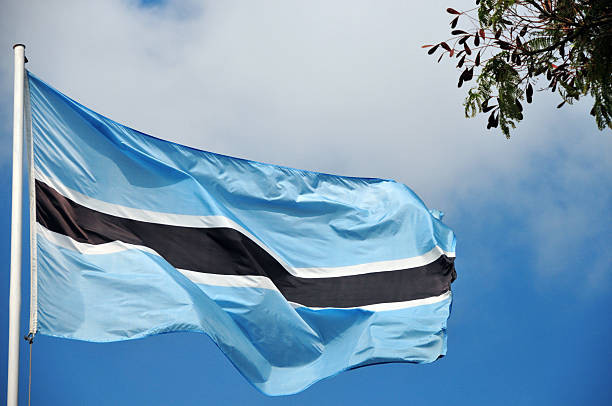
BOTSWANA has encouraged Zimbabwean businesses to utilise its International Financial Services Centre (Botswana IFSC) to grow their investment portfolios and boost the country’s economic growth.
Speaking at the Botswana IFSC business forum held in Harare yesterday, Botswana ambassador to Zimbabwe Sarah Sithabile Molosiwa encouraged businesses to take advantage of the opportunities offered by her country.
“Botswana offers economic and market stability, attracting foreign direct investment. Our country has a mature democracy, good governance, a stable political and macroeconomic environment and an open economy with attractive tax regulations,” Molosiwa said.
“We encourage you to consider Botswana as the best alternative destination for expanding your businesses. Our strong regulatory frameworks and transparent institutions make us Africa’s most transparent economy.”
She also encouraged businesses to leverage the bilateral trade agreement and the double tax avoidance agreement, which makes trade and investment easier between the two countries.
“The bilateral trade agreement between Botswana and Zimbabwe grants exemptions from customs duties and meets the minimum local content requirement of 25%. The double tax avoidance agreement signed in February 2028 provides a comparative advantage for companies to expand operations seamlessly,” she said.
She noted that she was optimistic to see an increase in the expansion of businesses from Zimbabwe to Botswana, adding that Botswana was committed to ensuring utilisation of diplomatic resources to increase cross-pollination of trade and investment.
“Let us engage with the embassy to facilitate seamless entry into the Botswana market through the Botswana Investment and Trade Centre services. Today’s discussions will bear fruit in improving trade and investment relations between our countries.”
- Mavhunga puts DeMbare into Chibuku quarterfinals
- Bulls to charge into Zimbabwe gold stocks
- Ndiraya concerned as goals dry up
- Letters: How solar power is transforming African farms
Keep Reading
Botswana IFSC director Moshie Ratsebe noted that Botswana had sustained economic growth, managed its macroeconomic environment well, and has a strong balance sheet with a net external credit position that would be of great benefit to Zimbabwe.
“Our monetary policy rate is 2,15%, making credit affordable. We import more than we export, spending a lot on foreign exchange, particularly food. We believe Zimbabwe’s productive capacity in agriculture can help us produce locally and feed our people,” Ratsebe said.
“We have sustained economic growth, managed our macroeconomic environment well and have a strong balance sheet with a net external credit position. We expect current account surpluses up to 2027.”
Ratsebe said that allowed activities include banking, financial operations, investment advice, insurance and accounting.
“To qualify as an IFSC company, one must incorporate in Botswana, have a physical presence and offer services to limited parties. Allowed activities include banking, financial operations, investment advice, insurance and accounting,” Ratsebe said.
“We facilitate skills transfer and have a one-stop service centre to assist investors. The certification process involves a committee that reviews and considers applications, making recommendations to the minister. We need a business plan, information on promoters, and an appreciation of job creation and upskilling.”
He noted that the service centre has incentives for investors and foreign direct investment for the finance sector and the skills transfer sector.










